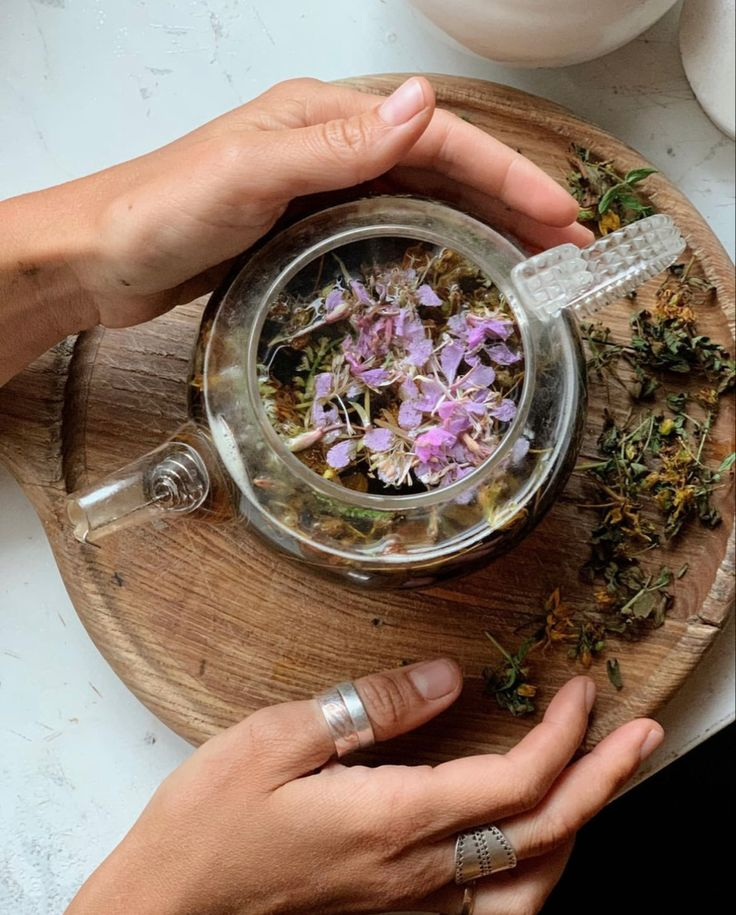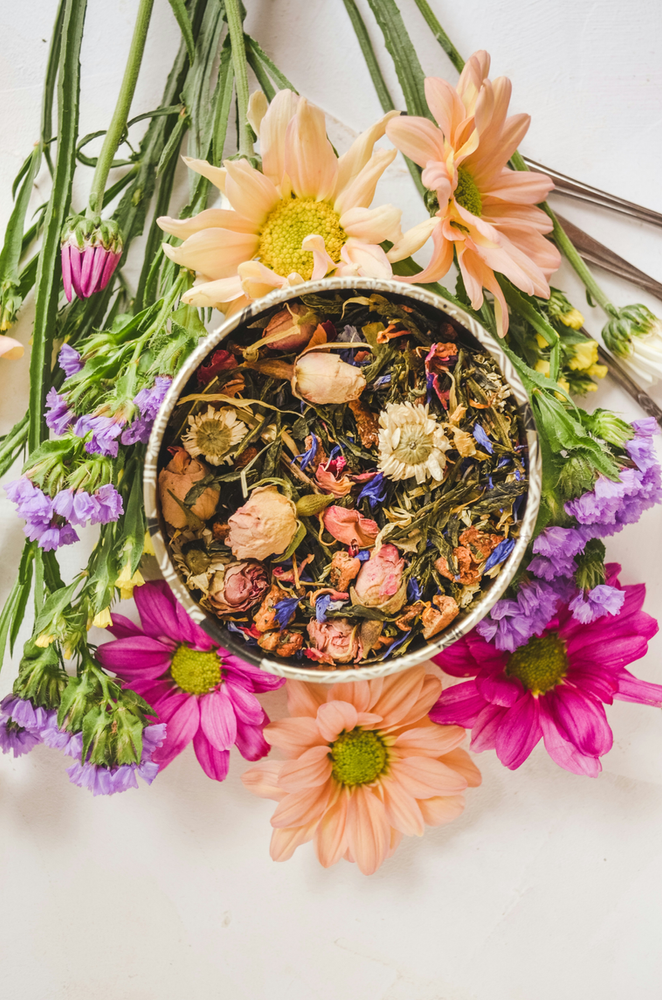In today’s fast-paced world, anxiety and stress have become all too common. From work pressures to personal challenges, the demands of daily life can sometimes feel overwhelming. While professional therapy and medical interventions are essential for some, many people also benefit from incorporating natural remedies into their routine to manage anxiety and stress. These holistic approaches can complement traditional treatments, helping you find balance and peace.

In this blog, we’ll explore ten effective natural remedies to reduce anxiety and stress, highlighting their benefits and practical application. Plus, we’ll introduce you to some of the expert clinicians at Be Your Best Self & Thrive who can guide you on your wellness journey.
Key Takeaways
-
Natural remedies can significantly reduce anxiety and stress when practiced consistently.
-
Techniques like mindfulness, yoga, and aromatherapy are accessible and easy to incorporate into daily life.
-
Seeking guidance from professionals ensures a tailored approach to your unique needs.
10 Natural Remedies for Anxiety and Stress
1. Mindfulness Meditation
Mindfulness involves focusing on the present moment without judgment. Studies show that regular mindfulness practice reduces anxiety levels and promotes emotional regulation. Start with a simple 5-minute breathing exercise to center your thoughts. Over time, you can expand your practice to include body scans or guided meditations, which are widely available through apps or online resources.
2. Exercise
Physical activity releases endorphins, the body’s natural stress-relievers. Activities like walking, swimming, or dancing can uplift your mood and provide a mental reset. Aim for at least 30 minutes of moderate exercise most days of the week. Even simple activities like stretching or light yoga can help reduce tension.
3. Herbal Teas
Herbs like chamomile, lavender, and valerian root have calming properties. Drinking herbal tea before bedtime can help relax your mind and prepare you for restful sleep. Experiment with different blends to find the one that works best for you. Bonus: the act of sipping a warm beverage can be a soothing ritual in itself.
Read our blog: Holistic Stress Relief: Herbal Remedies to Calm your Mind
4. Aromatherapy
Essential oils like lavender, bergamot, and ylang-ylang are known for their calming effects. Use a diffuser or apply diluted oils to your wrists and temples for immediate stress relief. Incorporating aromatherapy into your nightly routine can also improve sleep quality, creating a cycle of reduced stress and better rest.
5. Yoga
Yoga combines physical movement with mindfulness, offering a dual benefit for reducing stress and enhancing physical well-being. Poses like Child’s Pose and Legs-Up-the-Wall are particularly grounding. For those new to yoga, many online classes and tutorials cater to beginners. Consistent practice can lead to improvements in flexibility, focus, and overall relaxation.
6. Deep Breathing Exercises
Controlled breathing, such as box breathing (inhaling for 4 seconds, holding for 4, exhaling for 4, holding for 4), can calm the nervous system and reduce stress on the spot. Practicing deep breathing before a stressful event or as part of your morning routine can set a positive tone for the day.
Read our Blog: 8 Easy Yoga Breathing Exercises to Try Right Now
7. Nature Walks
Spending time in nature has been shown to lower cortisol levels (the stress hormone). A stroll in a park or forest can refresh your mind and improve your mood. Aim to disconnect from technology during these walks to fully immerse yourself in the sights, sounds, and smells of nature.
8. Gratitude Journaling
Writing down things you’re grateful for shifts your focus from stress to positivity. This practice fosters a sense of contentment and reduces anxiety over time. Start with three things you’re thankful for each day, and watch how this small habit transforms your perspective over weeks and months.
9. Progressive Muscle Relaxation (PMR)
PMR involves tensing and then releasing muscle groups in your body, helping you become aware of physical tension and promoting relaxation. Begin at your feet and work your way up to your head. This practice can be especially helpful before bedtime to ease the transition into sleep.
10. Digital Detox
Constant notifications and screen time can exacerbate stress. Designate tech-free hours to recharge your mind and focus on meaningful, offline interactions. Consider creating a tech-free zone in your home, such as your bedroom, to maintain a sanctuary for relaxation.
Read our Blog: The Impact of Social Media on Mental Health
Meet the Clinicians
At Be Your Best Self & Thrive, our dedicated team of professionals is here to support your journey to mental well-being. Here’s how our clinicians can help:

Rochelle specializes in anxiety, self-esteem, and communication challenges. Using a combination of Cognitive Behavioral Therapy (CBT) and mindfulness techniques, she empowers clients to manage their stress effectively. Rochelle’s compassionate approach ensures clients feel seen and supported.

Jessi’s expertise lies in stress management, mindfulness practices, and yoga-based therapies. She helps clients find holistic solutions that integrate mind and body for lasting calm. Her sessions often incorporate breathing exercises and gentle movement to create a tailored wellness plan.

Jamie focuses on burnout, perfectionism, and distress tolerance. With her background in positive psychology and yoga psychology, she helps clients navigate life’s challenges with resilience and balance. Jamie’s techniques emphasize emotional awareness and self-compassion.
Q&A Section
Q: Can I use these remedies alongside therapy? A: Absolutely! Many of these remedies complement traditional therapy and can enhance your progress. Discussing them with your therapist ensures they align with your treatment plan.
Q: How long does it take for these remedies to work? A: The effects vary depending on the individual and the practice. Some remedies, like deep breathing, can provide immediate relief, while others, like journaling or yoga, may show benefits over weeks or months.
Q: What if I feel overwhelmed trying all these remedies? A: Start small. Pick one or two remedies that resonate with you and gradually incorporate more as you feel comfortable. The goal is to build habits that enhance your well-being without adding pressure.
Q: Are there any risks to using natural remedies? A: Most natural remedies are safe, but it’s always best to consult a professional, especially if you have underlying health conditions or are taking medication. For instance, some essential oils may not be suitable for everyone.
Final Thoughts
Managing anxiety and stress is a journey, not a destination. By incorporating natural remedies into your routine and seeking support from skilled professionals, you can cultivate a more balanced and fulfilling life. At Be Your Best Self & Thrive, our team is ready to help you discover the tools and practices that work best for you. Remember, you don’t have to face stress and anxiety alone—help is just a call away.

Written by Alayna Dorfman





